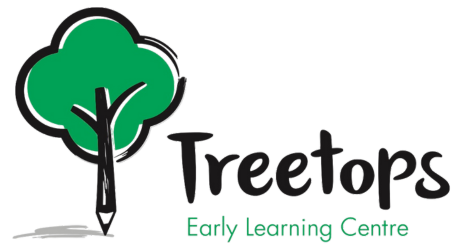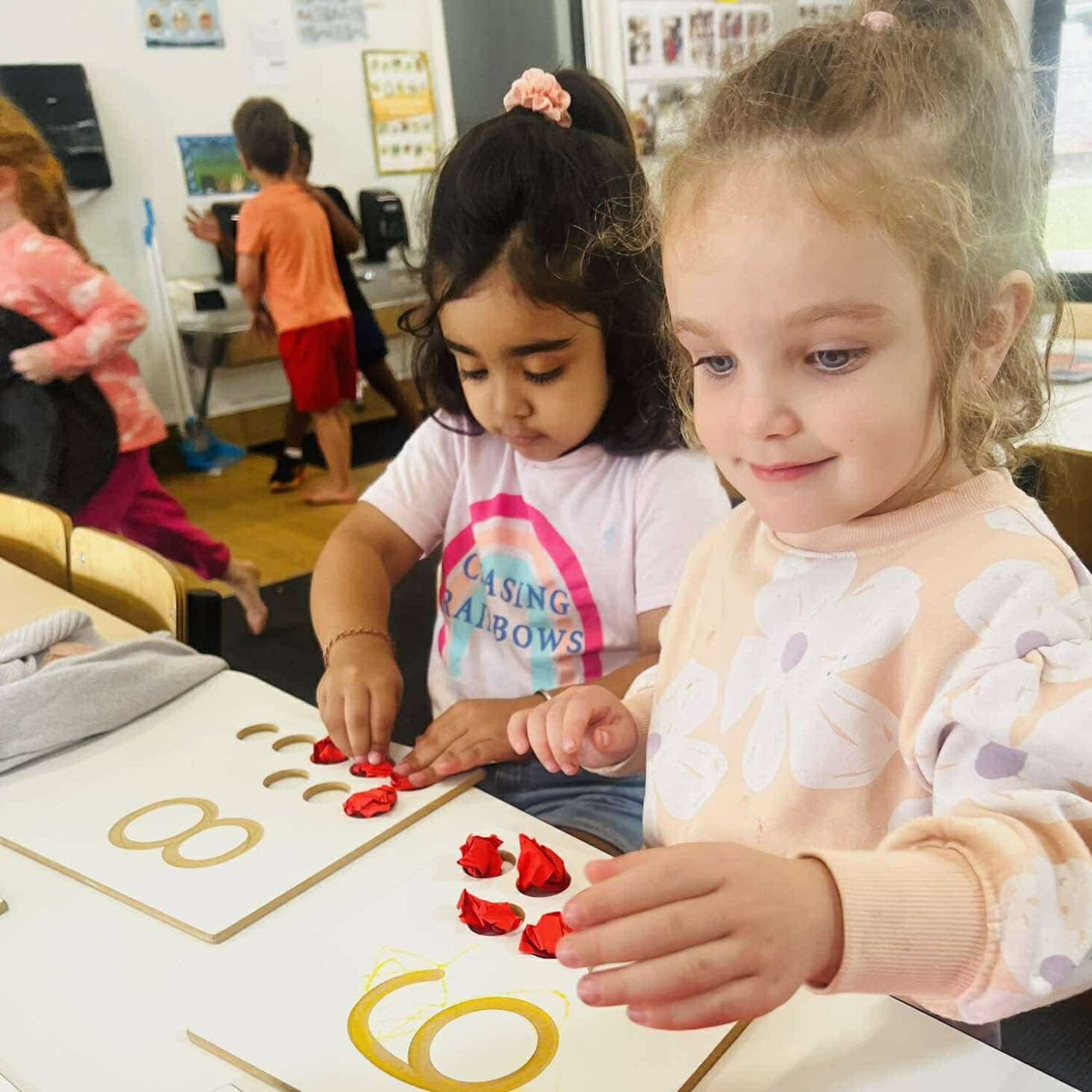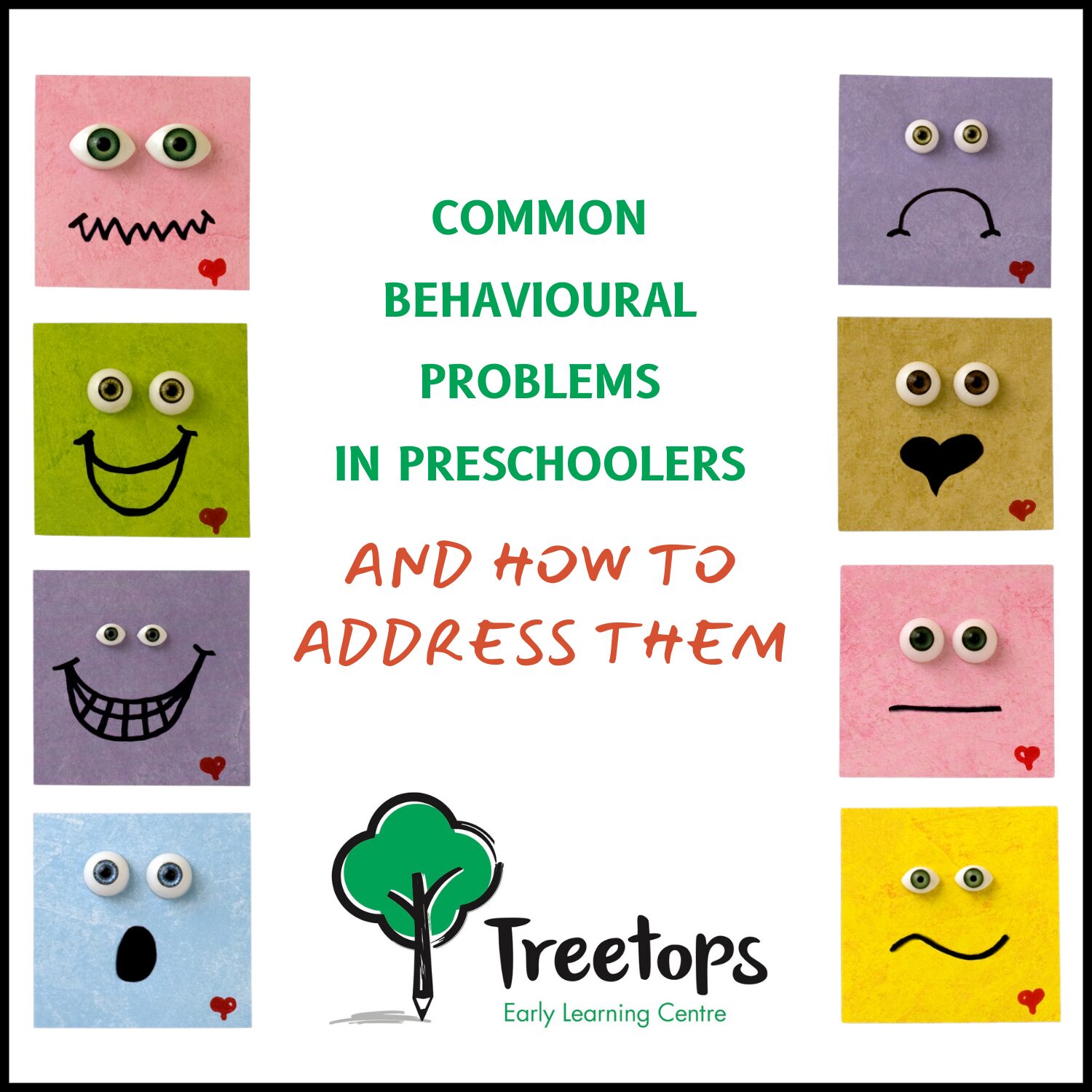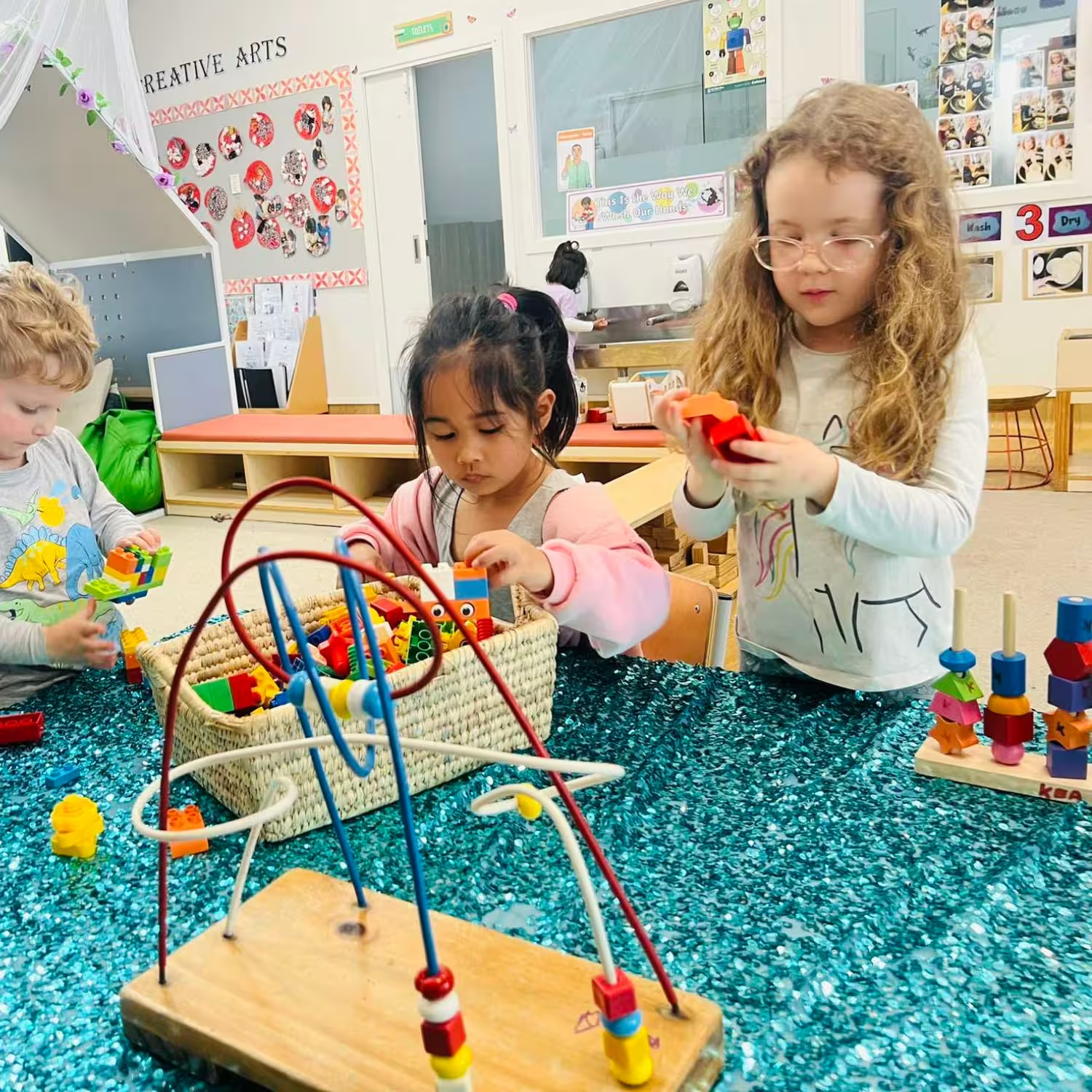At our Treetops childcare centres in Pukekohe and Botany, we often talk about learning dispositions. You may have seen these terms in your child’s documentation or heard them in discussions with your child’s teachers. But what exactly are learning dispositions, and why are they so important?
What Are Dispositions?
Dispositions are personal traits or characteristics. Some we may inherit from our parents, such as creativity or determination. Others develop based on our interactions with the people and environments around us.
Cultures also shape dispositions. For instance, in te ao Māori, key dispositions might include rangatiratanga (leadership), manaakitanga (caring), and aroha (love).
Dispositions that support lifelong learning are called learning dispositions. Te Whāriki, our early childhood curriculum, identifies several key dispositions:
- Courage and curiosity: Taking an interest and exploring.
- Trust and playfulness: Engaging and being involved.
- Perseverance: Overcoming challenges and uncertainty.
- Confidence: Expressing ideas and feelings.
- Responsibility: Taking ownership and accountability.
Why Are Dispositions Important?
In today’s fast-changing world, we must prepare children for a future that may involve jobs that don’t even exist yet. This shift in focus means we’re now prioritising how children learn, rather than what they learn.
A positive attitude towards learning and the ability to approach new experiences with confidence will help children become successful, competent learners now and in the future.
Supporting Learning Dispositions in Botany and Pukekohe Childcare Centres
At Treetops, we encourage learning dispositions through careful observation. By watching children over time, we can see which dispositions appear in their play and respond accordingly.
We also role model these dispositions for our tamariki. For example, we show them how we cope when things don’t go as planned. We demonstrate that making mistakes is okay, and that trying again is an important part of learning.
We offer resources that support learning dispositions. Open-ended materials, such as loose parts play, allow children to explore and create freely. These materials encourage critical thinking, creativity, and problem-solving.
Our language also plays a crucial role. For instance, instead of simply saying “Great job on your tower,” we might say, “I saw how hard you concentrated when building your tower. Even though it fell down a few times, I really liked how you persevered until it was just the way you wanted.”
We believe the environment is the third teacher. It’s important that we create spaces that provoke curiosity and offer challenges. We ask ourselves:
- Does this space encourage wonder and exploration?
- Are there opportunities for collaboration and negotiation?
- Can children engage in different types of play to practice their developing dispositions?
By providing a responsive environment, we help children develop these dispositions in various contexts and areas of play.
Conclusion
By recognising and encouraging learning dispositions, we support our tamariki in becoming confident, competent learners. They develop a positive attitude towards learning, ready to face any challenge that comes their way. At our Treetops childcare centres, we believe these dispositions are the foundation for a successful future, wherever their journey may take them.













